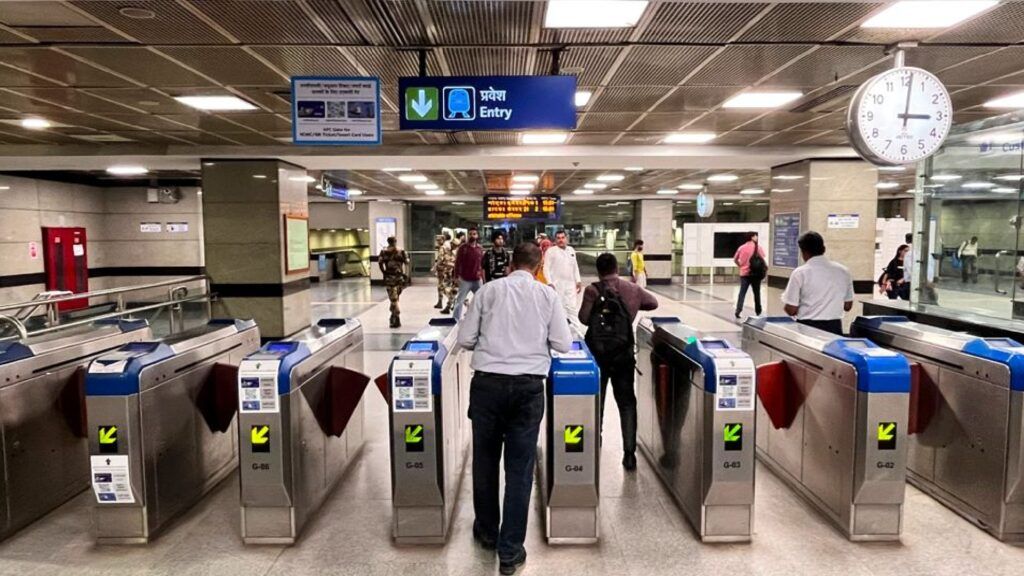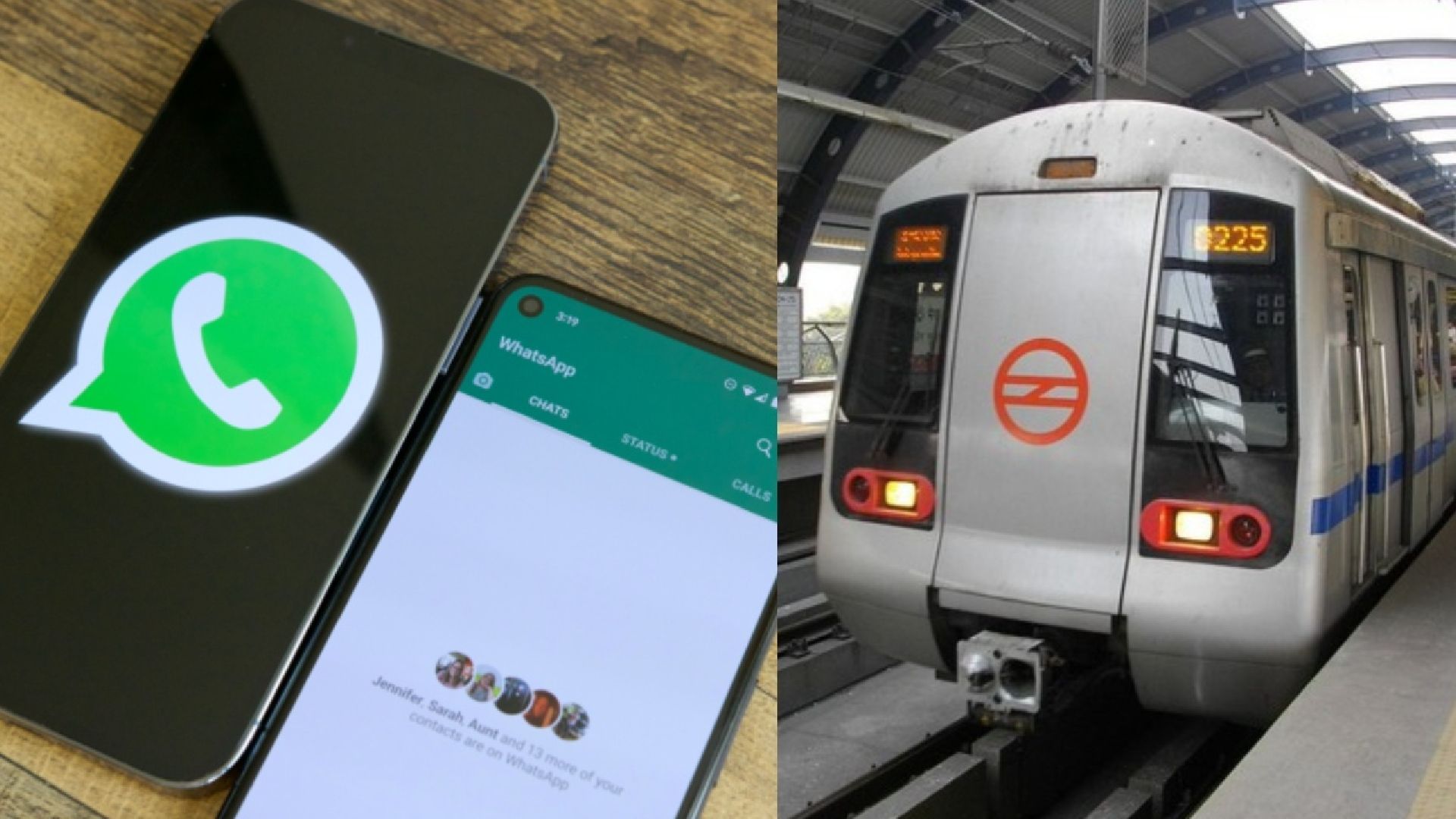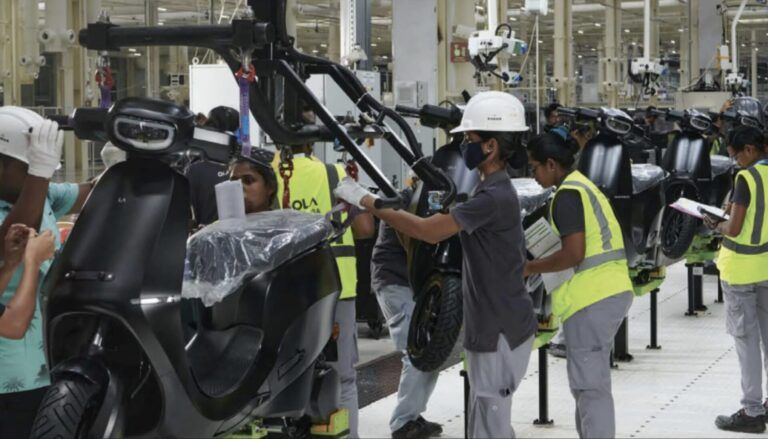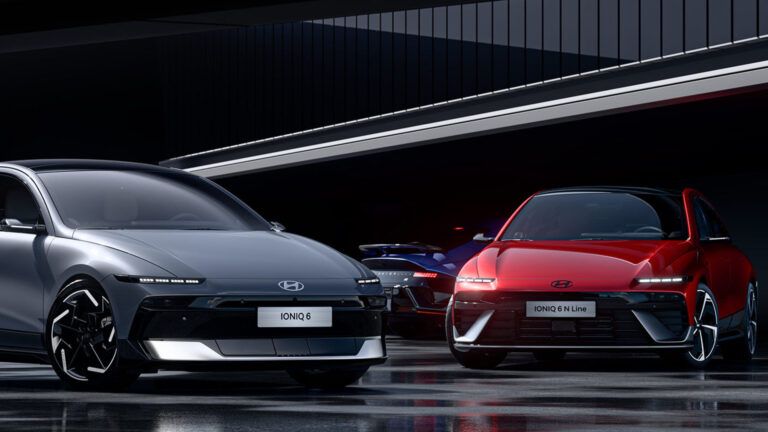WhatsApp has launched a new feature for Delhi Metro commuters, allowing them to recharge their metro cards through the app. Users can access this service by sending ‘Hi’ to +91 96508 55800 or scanning a QR code. The feature supports both English and Hindi and offers various payment options like UPI, debit, and credit cards for easy recharging.
Ravi Garg, Director of Business Messaging, Meta in India, said:
“Introducing metro pass recharge via WhatsApp will revolutionize the commuting experience for everyday commuters who use the Delhi Metro Rail Corporation (DMRC). Offering various payment methods to recharge the card, this integration builds on the success of our previously introduced QR ticketing systems bringing us one step closer to our goal of simplifying transit for millions of people across the NCR region.”

Convenient Transit with WhatsApp
WhatsApp users on Android and iOS can now quickly access the Delhi Metro card recharge feature by tapping the payments section in the app. This service, powered by PeLocal, allows users to recharge their metro cards through WhatsApp across all Delhi Metro lines and the Gurugram Rapid Metro.
Last year, WhatsApp enabled the QR ticketing system across all DMRC routes, including the Gurugram Rapid Metro. Moreover, the chatbot service on WhatsApp offers passengers instant information on train schedules, fares, and station details, providing quick support and easy access to essential travel information.
Recently, cities like Bengaluru, Hyderabad, Chennai, Nagpur, and Pune have also adopted WhatsApp for their transport services. Also, this integration allows millions of commuters in these cities to enjoy a more convenient transit experience by accessing services and information through the app.
About Meta
Meta builds technologies that help people connect, find communities, and grow businesses. When Facebook launched in 2004, it changed the way people connect. Apps like Messenger, Instagram and WhatsApp further empowered billions around the world. Now, Meta is moving beyond 2D screens toward immersive experiences like augmented and virtual reality to help build the next evolution in social technology.








